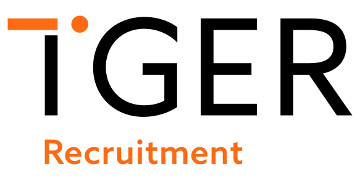Having worked much of my life in the public sector, mostly in sectors and professions where female staff are in the majority, work-life balance has been more than a HR concept - it’s been a way of life.
The public sector would not be able to operate without flexible working. It would also not be able to retain some of its best talent.
Work-life balance and flexible working had also been used as an effective counter to a prevailing long hours culture. I remember debates about the 'British' problem where we judged people to be hard working if they stayed late at work, whereas on the continent those that stayed late were seen as unproductive and lacking time management.
I'm not sure if that is true, but it has become something of a shibboleth. So I’m pleased for the part I have played in promoting work-life balance as a HR professional, as an organisation cultural issue, as a productivity issue, as an equality issue, and as a way of ensuring we maximise the recruitment and retention of those who wanted or needed to work part time.
This balance is still vital, but the lens through which we view it has changed considerably. Increasingly it is less a case of balance between work and life and more one of work-life flow.
But as a country and a profession we are still caught up in a post-industrial view of work, where we have a concept of clocking on and off. It’s strange, is it not, that spending 10 minutes in the office talking about your family is considered work, while having a sleepless night about a seemingly intractable people management problem isn’t? I'm writing this blog at the weekend - is that work? Home? CPD?
Social media, 24/7 society, technology, the changing nature of work, the workplace and the workforce are all changing that concept of work-life balance into one of work-life flow.
This was brought into stark relief for me the other week with the debate in France about preventing the use of Blackberries between certain times to protect employees. It fits the concept of work-life balance beautifully but not the way we flow……
We had a debate at work – ‘was it a good idea?’ – and a few said yes but others, the majority in fact, were not so keen. “I like to spend a bit of time with the kids when I get home and then tame the inbox when they’ve gone to bed” said one. “I’m more of an owl than a lark so am much more productive in an evening than in the morning” said another. This is about personal responsibility. We are the generation that tames and exploits new technology not the other way round.
We know the economy is changing and the skills we need are different. This has opened up a strong debate on the nature of the workforce we need and the changing design of workplaces. But we have only just begun to engage with the changing nature of work itself and what it means today. Work-life balance or work-life flow? I know where I’m at.
Dean Royles is chief executive of the NHS Employers organisation









